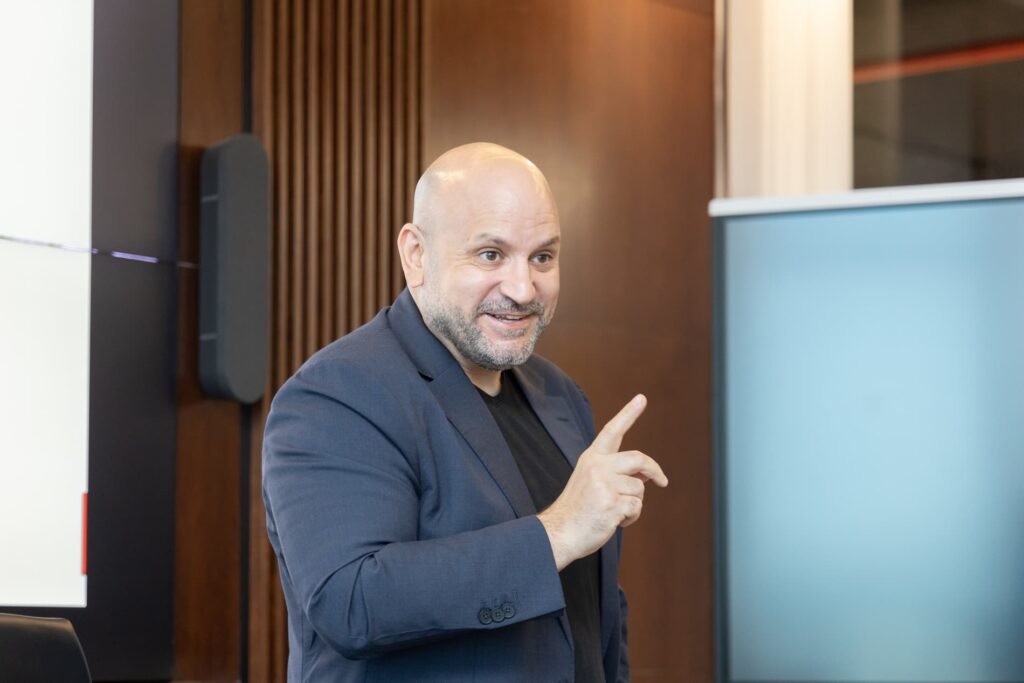
Hussein M. Dajani | Group Chief Marketing and Customer Centricity Officer Group | Petromin Corporation
Hussein M. Dajani is a Lebanese national and a globally recognized marketing and customer experience leader whose career has shaped industries across the Middle East, Africa, Turkey, and India. With more than 24 years of experience, he currently serves as Group Chief Marketing and Customer Centricity Officer at Petromin Corporation, where he drives transformative growth across eight business verticals in Saudi Arabia and India. His work is a unique blend of creativity, data, and empathy, and he is known for pioneering customer experience strategies powered by AI. Over the years, Hussein has built a reputation not only as a marketer but also as a connector, storyteller, and innovator who uses marketing to influence culture and deliver measurable business value. At EliteX, we are proud to have Hussein M. Dajani as part of the edition: The Most Influential Marketing Experts to Watch, 2025.
His journey into marketing began not in corporate offices, but with a deep curiosity about human behavior and storytelling. Starting his career with advertising giants like WPP and Publicis, Hussein quickly realized that marketing was more than just creating campaigns. For him, it was about giving brands a purpose and creating meaningful connections with people. That belief guided his transition from agency work to leadership roles at global organizations such as Red Bull, Nissan Motor Co., and Deloitte Digital, where he oversaw digital transformation and customer experience strategies. From launching Saudi Arabia’s first GenAI-powered automotive aftersales agent to driving global campaigns like #RedBullStratos and #SheDrives, his path has been defined by bold moves and innovative thinking.
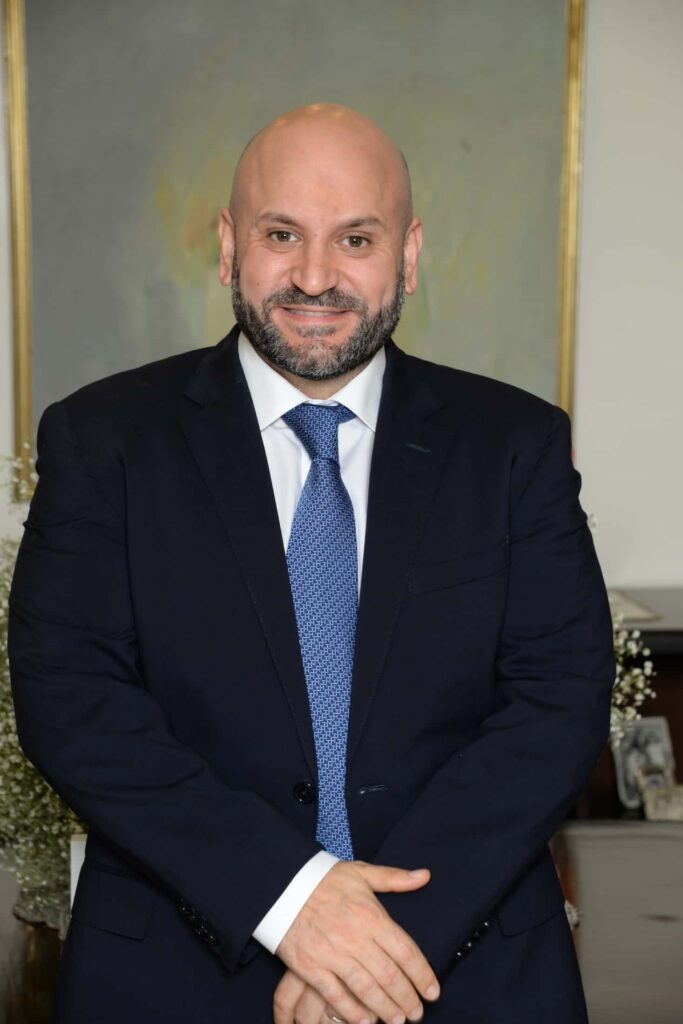
“Marketing isn’t just about selling—it’s about building trust and creating real value.”
Hussein’s decision to pursue marketing was rooted in his life experiences. Growing up in Beirut during times of uncertainty gave him a unique perspective on human connections. While the world often highlighted divisions of culture, religion, and geography, he saw power in bringing people together. This perspective inspired him to see marketing as more than a career-it became a calling. He often refers to himself as a natural connector, someone who bridges ideas, people, and values. For Hussein, marketing provided the perfect balance of storytelling, empathy, and strategy, enabling him to create impact across industries and cultures.
Over time, Hussein’s approach to marketing has shifted dramatically. Early in his career, the focus was primarily on campaigns and reach. But with the rise of digital platforms, data analytics, and artificial intelligence, he saw marketing evolve into something far more powerful. Today, he views marketing as a driver of transformation. Instead of one-way storytelling, he champions “story-living” and “story-doing,” where brands not only talk but also act. His strategies integrate customer experience, AI, and purpose-driven innovation, proving that marketing is not just a communications function but a true growth engine for organizations.
A strong example of this philosophy can be seen in one of his favorite projects—the #SheDrives campaign in Saudi Arabia. More than just a marketing initiative, it was a cultural milestone launched at the historic moment when women were granted the right to drive. Hussein led the campaign from conception to execution, ensuring that it was respectful, empowering, and socially meaningful. It went on to win global recognition, including a Cannes Lions Gold award, but what mattered most to Hussein was the campaign’s emotional impact. It reflected his belief that marketing should drive real change and leave a lasting mark on society.
When asked what makes a marketing campaign truly memorable, Hussein believes it comes down to emotional resonance and tangible value. It’s not about catchy slogans or flashy visuals, but about solving real problems and becoming part of people’s lives. For him, success is not just measured by clicks or impressions but by loyalty, behavior change, and cultural influence. His work is guided by this principle, ensuring that campaigns go beyond surface-level engagement to create long-term impact.
“The most powerful marketing doesn’t feel like marketing—it feels like empathy delivered at the right moment.”
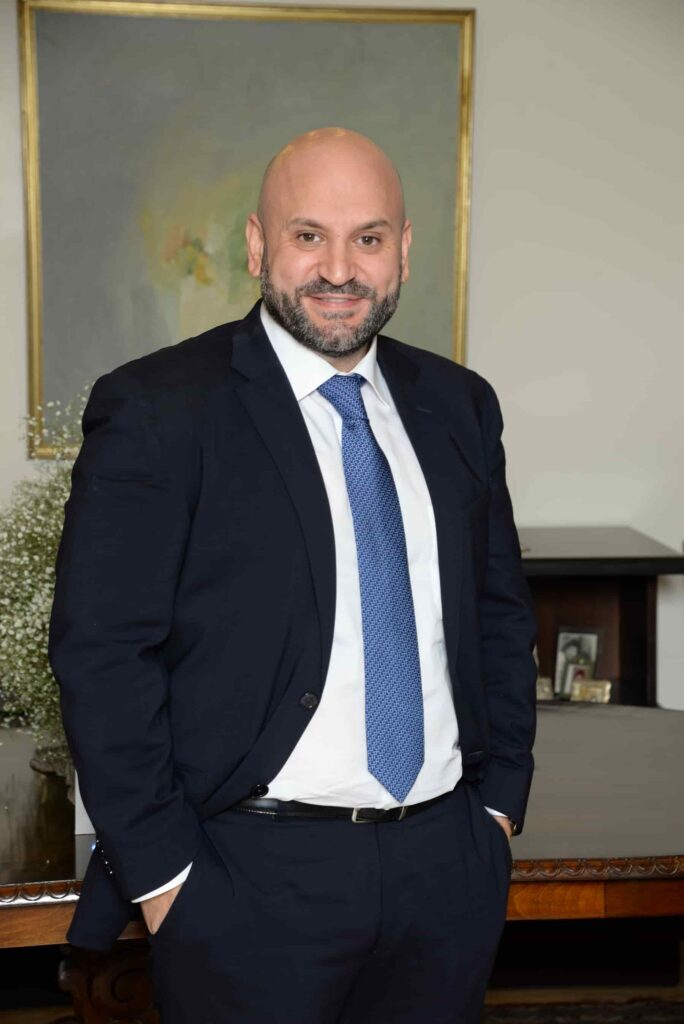
In his daily work, Hussein relies on a carefully chosen mix of platforms and tools that blend creativity with data-driven precision. From Salesforce and Adobe Experience Manager to AI-powered analytics and predictive insights, he uses technology to craft personalized experiences and anticipate customer needs. But while technology plays a vital role, he insists that it must be guided by empathy and human understanding. For Hussein, AI and automation are enablers—not replacements—for meaningful human connection.
Staying ahead of trends is another area where Hussein thrives. He remains active in thought leadership communities and serves on advisory boards such as the World AI Council and the CMO Council. He draws insights from global research hubs, industry journals, and events like CES and Cannes Lions. However, what truly sets him apart is his hands-on approach. He experiments directly with emerging tools and learns from real customer behavior, ensuring that his strategies are not only forward-looking but also grounded in reality.
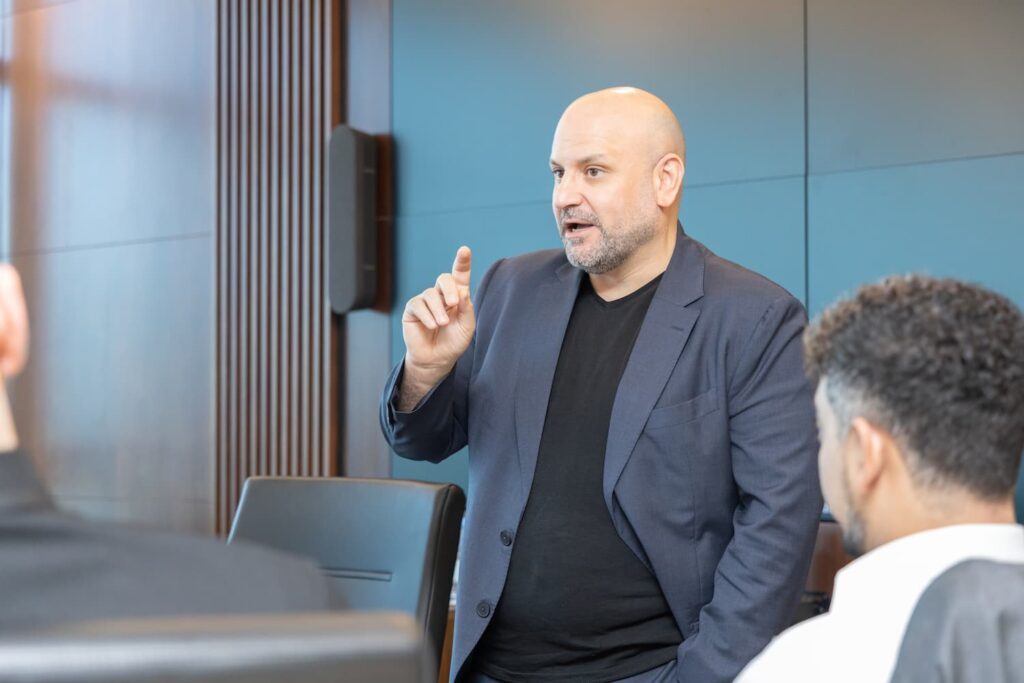
Looking ahead, Hussein believes the biggest trends in marketing will revolve around hyper-personalization, agentic AI, and ethical branding. He predicts a future where brands move away from generic segmentation to individual relevance powered by real-time data. Intelligent AI agents, capable of negotiating, recommending, and co-creating, will redefine customer interactions. At the same time, he emphasizes that transparency and authenticity will be non-negotiable, as consumers increasingly demand values-driven brands. His vision of the future is one where marketing is not just smarter, but more meaningful—where brands are architects of trust, technology, and transformation.
Despite his many achievements, Hussein’s career has not been without challenges. Leading digital and CX transformation across 85 markets at Nissan was a daunting task, as each market had its own culture and level of digital maturity. He overcame these barriers by creating cross-functional teams, building centers of excellence, and fostering a customer-first mindset across the organization. Similarly, introducing AI into conservative markets came with resistance, but by focusing on transparency, regulatory alignment, and user-centric design, he turned skepticism into trust. For Hussein, challenges are simply disguised opportunities—and overcoming them requires vision, resilience, and collaboration.
As a leader, Hussein is deeply committed to mentoring young professionals and encouraging them to embrace marketing as a responsibility, not just a career. His advice to aspiring marketers is clear: stay curious, be empathetic, and focus on solving real problems instead of chasing trends. He emphasizes the importance of blending creativity with data, experimenting boldly, and learning from failure. For him, personal branding is also essential in today’s connected world, where people follow people before they follow brands. His own journey stands as proof that building a personal brand rooted in authenticity and generosity can open doors to opportunities and influence.
In the end, Hussein M. Dajani’s story is not just about professional success—it is about redefining what marketing means in today’s world. He sees marketing as the voice of the customer, the driver of innovation, and the bridge between businesses and society. His work has shown that true impact comes from leading with purpose, creating trust, and blending technology with humanity. Whether through campaigns that influence culture, innovations that transform industries, or mentorship that inspires future leaders, Hussein continues to shape the marketing world with vision and empathy.
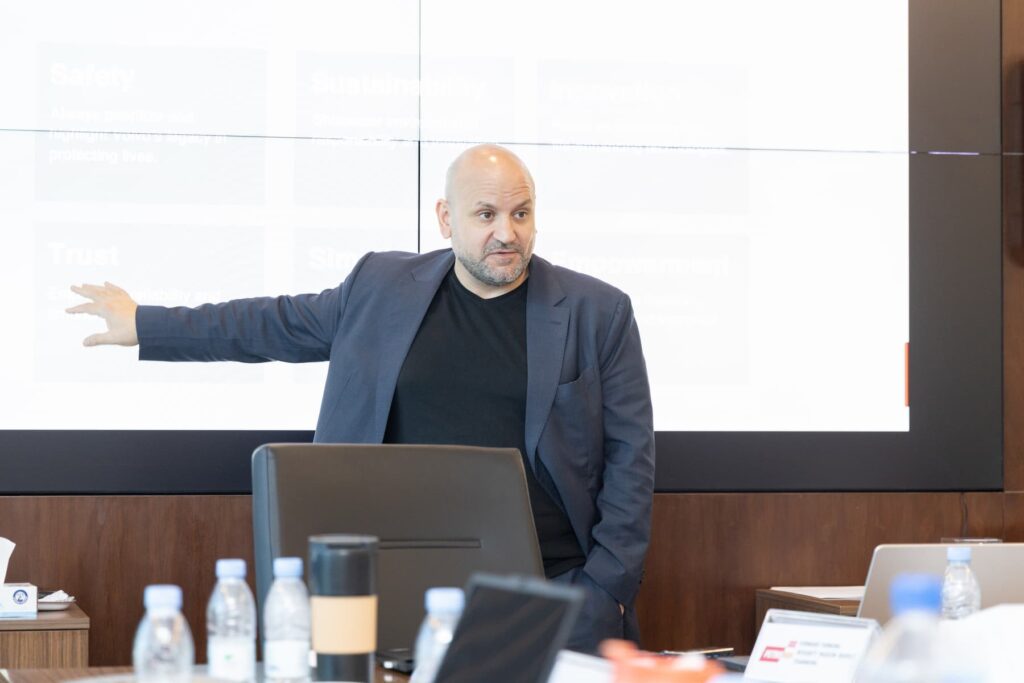
For Hussein, the mission is clear: to build a marketing industry that is not only effective, but also meaningful—one that creates value, fosters trust, and makes people feel connected in an increasingly complex world.
“The future of marketing belongs to those who can combine data, empathy, and creativity into one seamless experience.”
